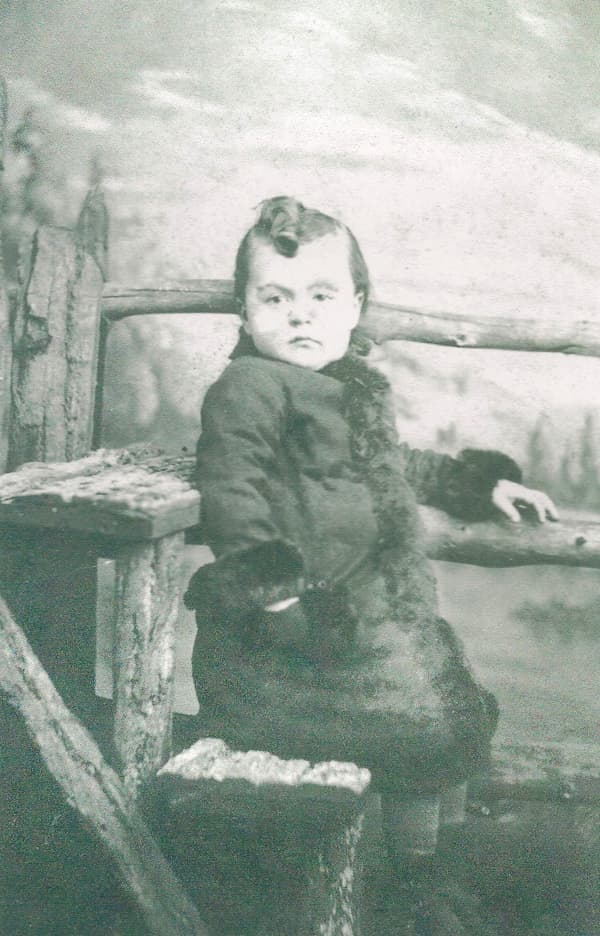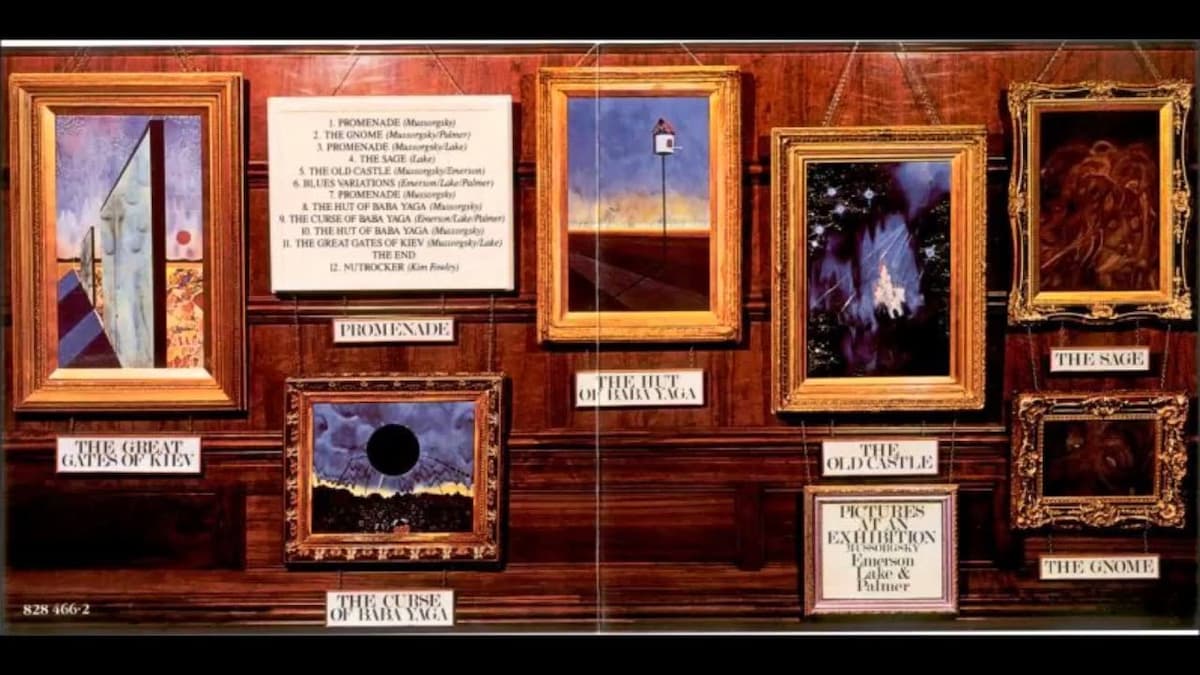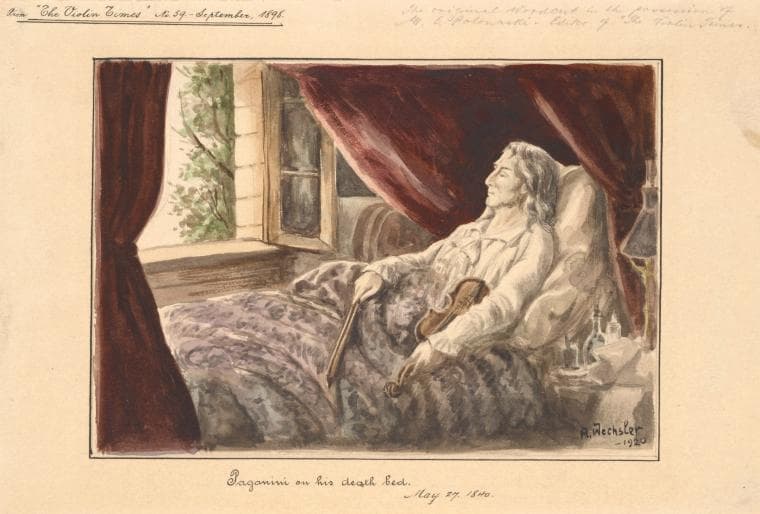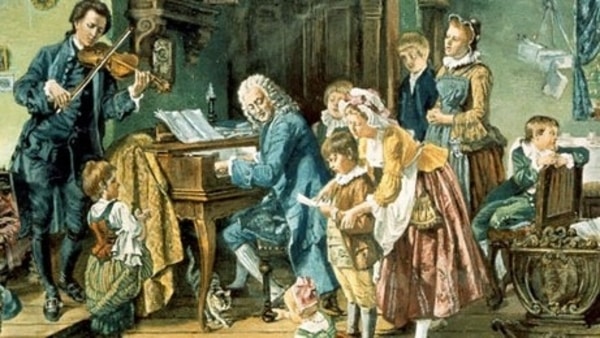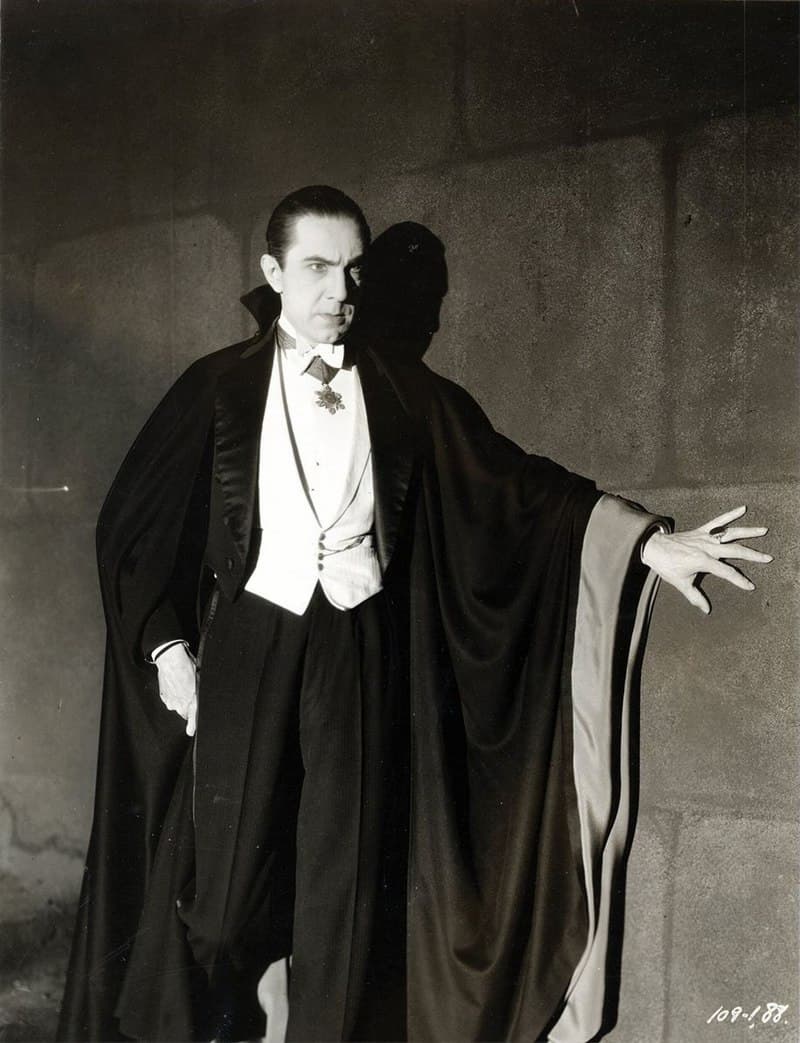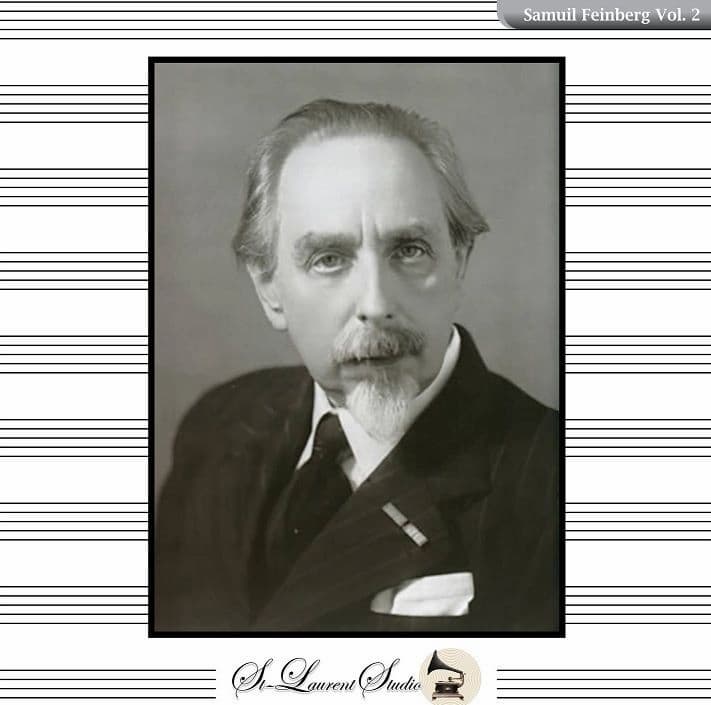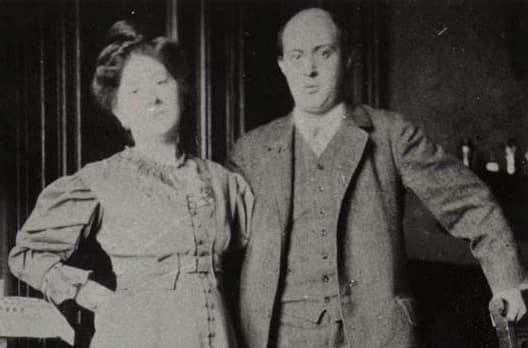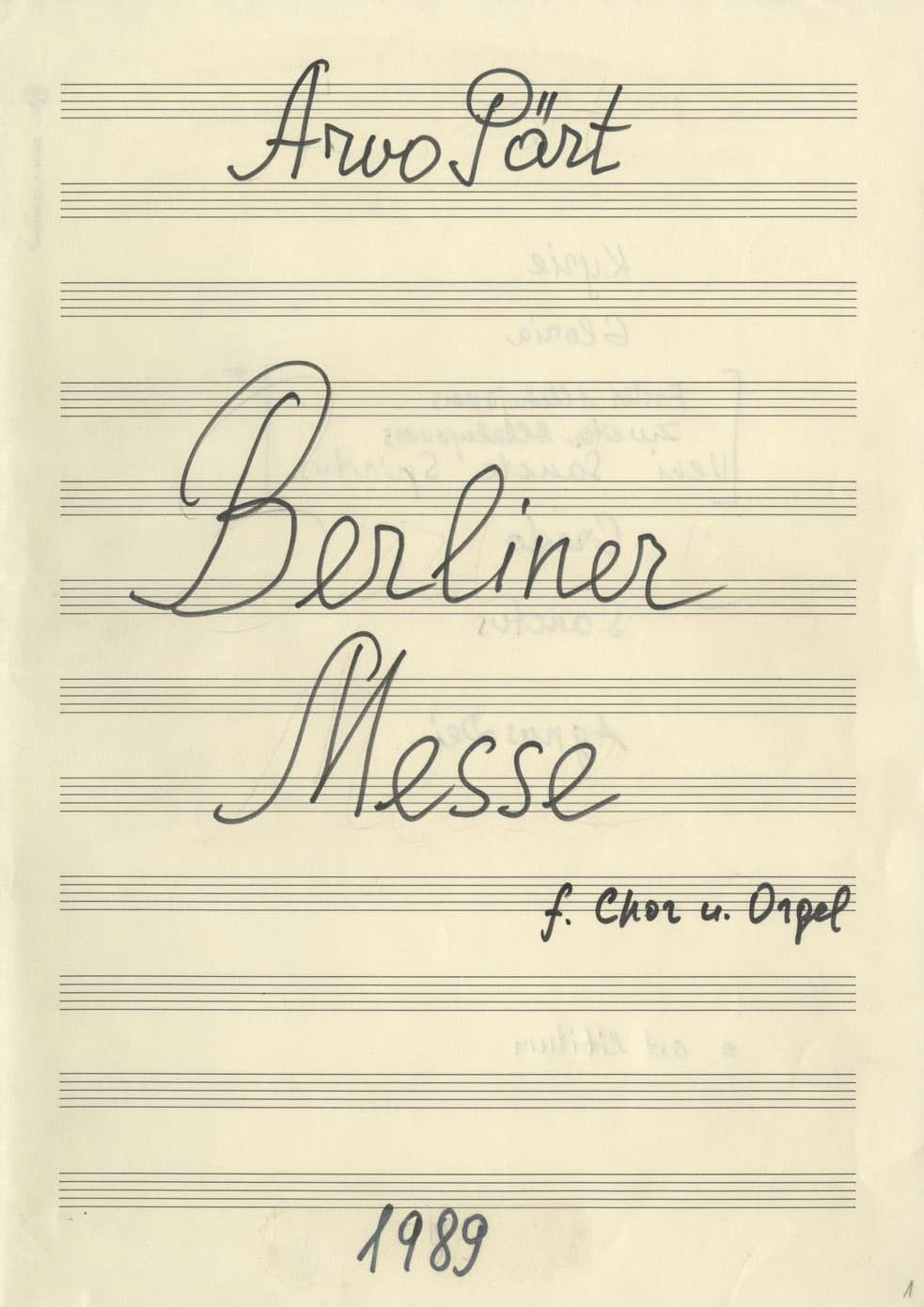Isaac Albéniz was born on 29 May 1860 in Camprodón, a small town in the province of Girona, Spain. The town lays picturesquely nestled in the Pyrenees, at the confluence of the rivers Ter and Ritort. Located just a couple
Articles
Modest Mussorgsky’s walk about a picture show, Pictures at an Exhibition, started life as a piano suite in 10 parts with a recurring Promenade part as the viewer moved from picture to picture. Written in 1874, it is based on
Niccolò Paganini had never been a picture of perfect health. His physical appearance—tall and thin with long arms, legs, fingers, and toes, and exceptional flexibility of his joints—recently gave rise to suggestions that he suffered from “Marfan Syndrome.” Although no
Johann Sebastian Bach is, of course, one of the most beloved composers of all time. He’s also famous for having fathered twenty children. A few became famous composers in their own right…but many of them died tragically young, too. Today
I am sure I have told you that I am an absolute fan of gothic and horror novels and films. From “The Texas Chain Saw Massacre,” to “Alien” to “Prey for the Devil” and “M3GAN,” I just love them all.
For a good many commentators, the Ukrainian city of Odessa is the “cradle of Russian pianism.” The unique blend of Russian, Yiddish, and Ukrainian cultures has given birth to pianists like Benno Moiseiwitsch, Vladimir de Pachmann, Shura Cherkassky, Emil Gilels,
The most familiar accompaniment to the voice is the piano, or in earlier days, the guitar or the lute. Putting the voice with larger ensembles runs the risk of drowning the voice in the volume of the other instruments. One
Estonian-born composer Arvo Pärt (1935- ) has managed to strike a sound of devotional archaism into a world of chaotic modernity. Highly experimental during his early musical career, Part’s study of early music inspired a new, and completely unique musical

